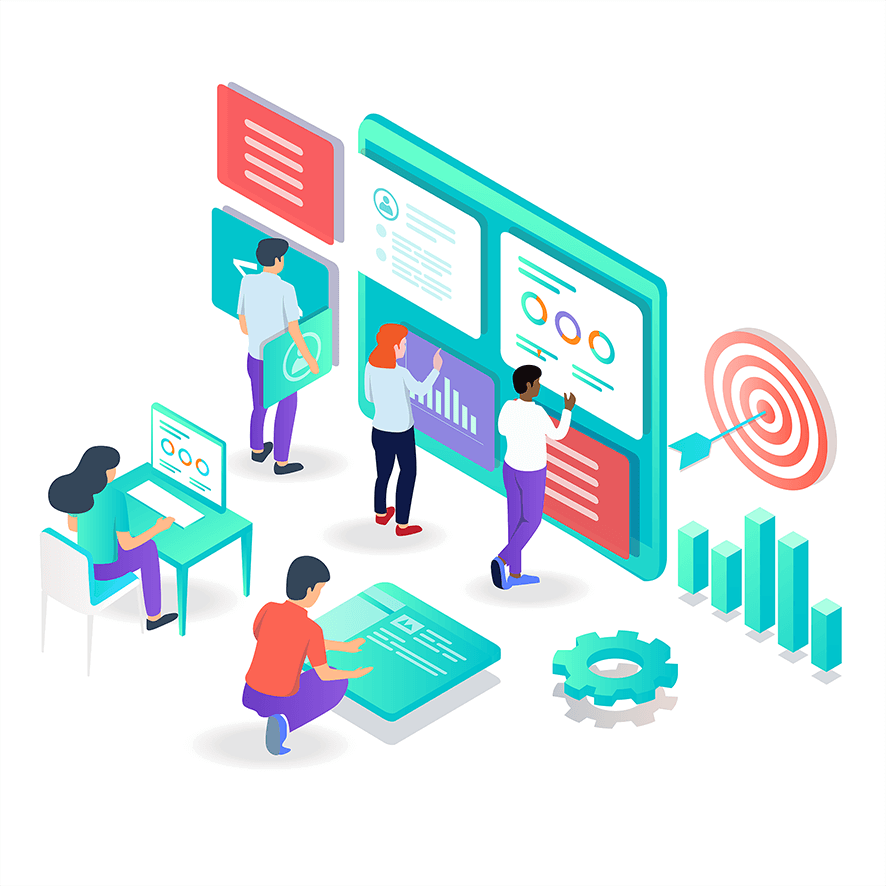Blogs By this
author
- Comunet Case Study: South Australian Environment Protection Authority (EPA)
- Comunet Case Study: AWS Workspaces and Landing Zone for AFSS
- Comunet Acheives ISO 27001 Certification
- Comunet Case Study: AWS Cloud Migration for DIT
- Comunet Case Study: TRUMPS Migration for DIT
- Embracing the Modern Workplace
- Unlock Business Agility with Outsourced IT Services
- Social Engineering Attacks: Proofpoint’s 2022 Social Engineering Report
- Increasing Email Security to Avoid Business Email Compromise
- How to Protect Yourself Against Ransomware Attacks
- Cyber Security Risk Management – Threats are Evolving Much Faster Than Australian Businesses
- How to Avoid Being Scammed Online
- How to Prevent Phishing Attacks
- AWS Migration Competency – recognition of Comunet’s leadership and expertise in cloud migration services
- Myth Busting Cloud Security – How Secure is the Cloud?
- The Log4j Vulnerability: What Happened and What’s the Impact
- The Software Development Life Cycle
- Christmas Cyber Security Tips
- Off the Shelf vs Custom Software – 7 Things to Consider
- The COVID-19 digital vaccination certificate and the value of cyber security audits
- Comunet and AWS – delivering secure, scalable and trustworthy services non-profits
Related blogs
to this blog
Business Analyst roles differ depending on the person, team, project, and organisation. At a high level, a business analyst should work with you to answer a few key questions. Such as, what is your current state? (where you are now?) and what is your future state? (why you need to change and where do you want to be). Business Analysts focus on processes (how things are done), people (who does the things), and systems (what tools and technology do the people use to complete the processes). A good Business Analyst will consider all three as they work you through defining your current and future states.
There are many tools we use as Business Analysts to help your team in answering these questions - but all of them really have the same goal - to help us understand your needs, and the needs of your customers or team, as quickly as possible. These tools range from the more traditional process maps, use case diagrams, data flow diagrams and functional and non-functional requirements, through to the more dynamic personas, customer journey maps, empathy maps and value proposition canvases. It's ok if none of those words mean anything to you, core to what a Business Analyst does is select the right tools for you and your team, and help you work through them in a way that's fun, easy to understand, and provides your team with an environment in which they feel they can be honest and open.
Being a Business Analyst who gets to work across various industries and client projects is an amazing experience and gives me the opportunity to learn loads. I get to work with a wide range of personalities, problems and opportunities. Key to my role at Comunet specifically, is to act as the translator between our amazing clients, and our fantastic software development team. If we determine that a custom software development solution is going to best meet your needs, it's my job to make sure we're all on the same page about what we're trying to achieve, to make sure we get your business and processes where they need to go.
To learn more about being a Business Analyst you can hit Bridie up on Linked In.
